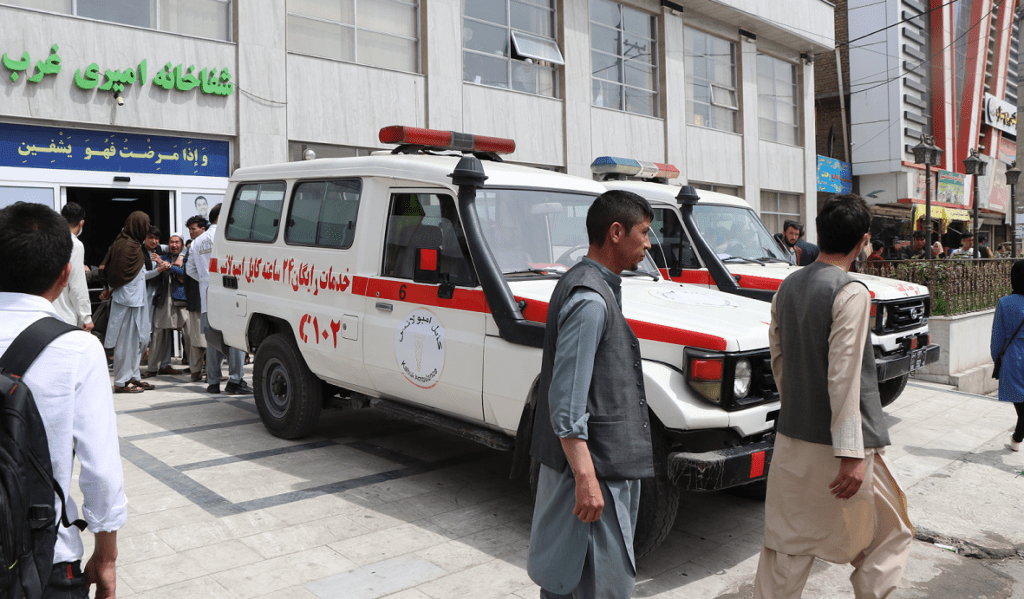KABUL (Pajhwok): At least 3,774 civilians have suffered causalities between 15 August 2021 and May 2023, due to indiscriminate IEDs in populated areas in Afghanistan, said the report by the UN Assistance Mission in Afghanistan (UNAMA).
Improvised explosive devices (IEDs) remain a significant concern in Afghanistan – despite an overall decline in civilian casualties since the IEA takeover – characterized by a rise in attacks on places of worship and against the minority Hazara community, a UNAMA report released on Tuesday shows.
Between Aug. 15 2021 and May this year 1,095 civilians were killed and 2,679 wounded, according to the UNAMA, underscoring the security challenges even after the end of decades of war.
The majority of civilian casualties resulted from attacks carried out by the self-identified Islamic State in Iraq and the Levant – Khorasan Province (ISIL-KP). The report said the number of civilian casualties as a result of IED attacks carried out by ISIL-KP significantly increased in the immediate aftermath of the Taliban takeover on 15 August 2021. Suicide attacks, carried out both by ISIL-KP and other actors, were the leading cause of IED-related civilian harm.
“These attacks on civilians and civilian objects are reprehensible and must stop,” said Fiona Frazer, chief of UNAMA’s Human Rights Service. “It is critical that the de facto authorities uphold their obligation to protect the right to life by carrying out independent, impartial, prompt, thorough, effective, credible and transparent investigations into IED attacks affecting civilians.”
UNAMA’s figures indicate a significant increase in civilian harm resulting from IED attacks on places of worship compared to the three-year period prior to the Taliban takeover.
The report recommends that the de facto authorities implement protection measures with a view to preventing the recurrence of similar attacks, taking into account the specific risks faced in places of worship and educational facilities and within Hazara Shi’a communities.
“Even prior to 15 August 2021, victims of armed conflict and violence struggled to access essential medical, financial and psychosocial support,” Frazer said. “Help for the victims of violence is now even harder to come by because of the drop in donor funding for vital services.”
Earlier, the US special inspector general for Afghanistan reconstruction (SIGAR) issued its quarterly report about Afghanistan, saying several terrorist groups including Al Qaeda, Tehreek-i-Taliban Pakistan and IS-K were enjoying “a greater freedom of movement” in Afghanistan owing to the absence of an effective Taliban security strategy.
However, Islamic Emirate spokesman Zabihullah Mujahid rejected the SIGAR report as propaganda, saying the Afghans lived in complete peace and no one was allowed to use Afghanistan’s soil against others.
sa








GET IN TOUCH
NEWSLETTER
SUGGEST A STORY
PAJHWOK MOBILE APP